
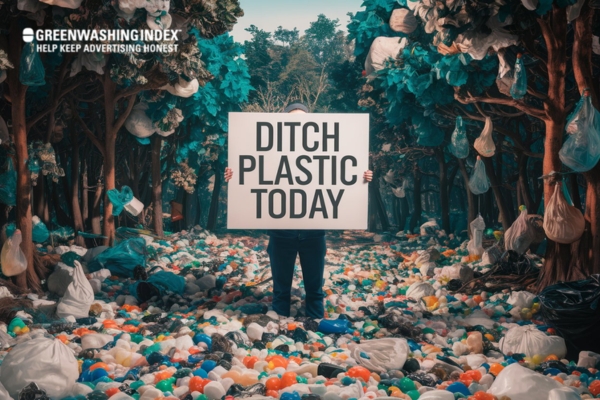
Where oceans glisten without the shadow of plastic waste. Picture taking a leisurely walk on a beach devoid of plastic debris. Sounds like a dream, right? Well, it’s not as far-fetched as it seems. By choosing to Ditch Plastic, we’re heading toward a cleaner, healthier planet.
In this journey, we’ll explore practical ways to reduce plastic use, making significant changes without overwhelming ourselves. Together, we can create a ripple effect that benefits both the environment and future generations. Ready to embark on this transformative adventure? Let’s dive in and discover how you can make a difference today!
Plastic pollution is a major environmental issue affecting both land and sea. When plastic waste is discarded carelessly, it ends up in oceans and rivers, harming marine life. Animals like sea turtles often mistake plastic for food, leading to choking or starvation. Additionally, birds and fish can become entangled in plastic debris, causing injuries or death.

The persistence of plastic in nature is alarming, as it can take hundreds of years to break down. This prolonged existence disrupts ecosystems and poses a continuous threat to wildlife health and survival. Addressing this issue is vital for the well-being of our planet.
Ready to make a positive change for the environment? Reducing plastic use is simpler than you might think. By making a few swaps in your daily routine, you can help cut down on plastic waste. Let’s explore some effective and easy strategies to ditch plastic for good.
Reducing plastic bag usage is crucial for minimizing environmental pollution and protecting wildlife. By adopting simple habits, individuals can significantly decrease their reliance on single-use plastics. Here are effective strategies to help reduce plastic bag consumption:
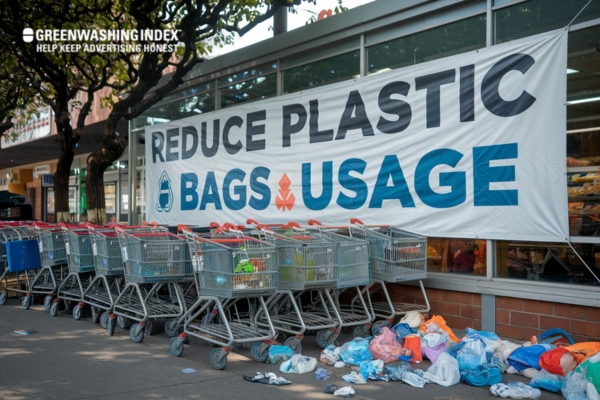
Switching to reusable water bottles is a significant step towards promoting sustainability and reducing environmental impact. By opting for reusable bottles, individuals can help combat plastic pollution, save money, and improve their health. Each year, millions of plastic water bottles contribute to landfill waste and ocean pollution, with only a small percentage being recycled.
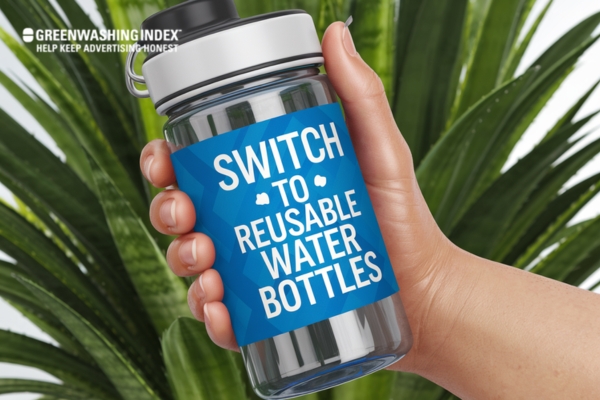
Reusable bottles, made from materials like stainless steel or glass, not only minimize this waste but also provide a safer alternative free from harmful chemicals often found in single-use plastics. Additionally, they offer convenience and can be customized to reflect personal style.
Benefits of Switching to Reusable Water Bottles:
Choosing eco-friendly food containers is a sustainable decision that benefits both the environment and health. These containers are typically made from biodegradable materials such as paper, bagasse, or sugarcane pulp, which decompose naturally and reduce landfill waste.
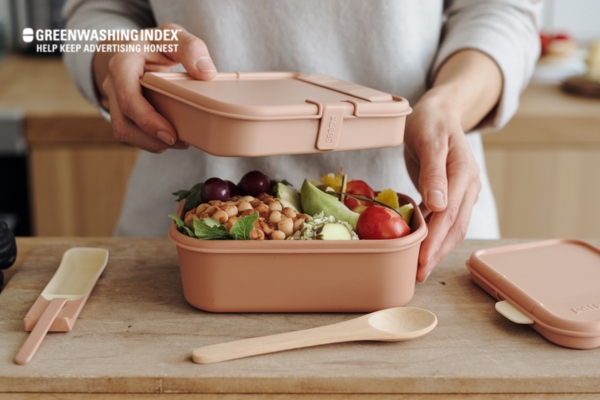
By opting for these alternatives, consumers can significantly decrease their reliance on plastic, which contributes to pollution and environmental degradation. Moreover, many eco-friendly containers are designed to be sturdy and leak-proof, making them suitable for various food types, including hot and cold items.
Benefits of Eco-Friendly Food Containers:
Single-use plastic straws are a significant environmental concern due to their widespread use and detrimental impact on marine life. Every day, millions of plastic straws are discarded after just one use, contributing to the staggering 8 million tons of plastic that enter the oceans annually.
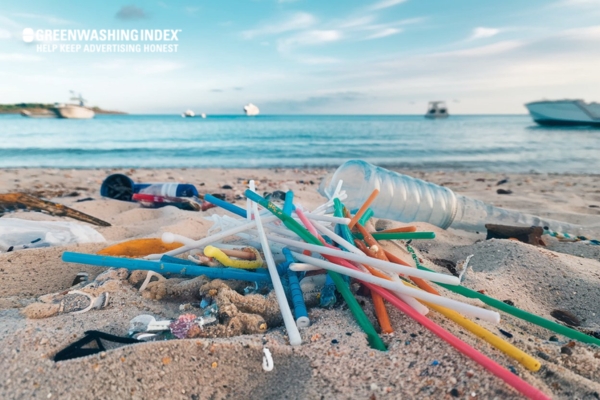
These straws do not biodegrade; instead, they break down into microplastics that can be ingested by marine animals, leading to health issues and death. Furthermore, plastic straws are not recyclable, often ending up in landfills or polluting natural habitats. To combat this issue, individuals can take proactive steps to reduce their reliance on plastic straws.
Ways to Avoid Single-Use Plastic Straws:
Choosing products with minimal packaging is increasingly important in today’s environmentally conscious market. Minimalist packaging not only reduces waste but also emphasizes sustainability and efficiency. By opting for products that utilize less material and simpler designs, consumers can contribute to a reduction in environmental impact while enjoying the aesthetic appeal of clean, elegant packaging.
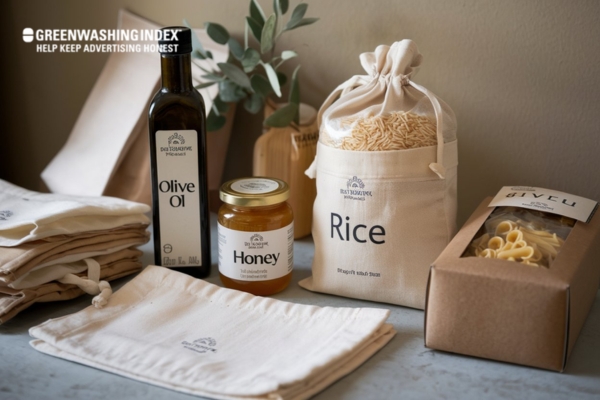
This approach aligns with a growing trend among brands to prioritize eco-friendly practices and streamline their operations, ultimately leading to cost savings that can benefit both businesses and consumers.
Here are some key considerations for choosing products with minimal packaging:
Choosing cloth diapers over disposable ones can have numerous benefits for both your baby and the environment. While the initial investment in cloth diapers may be higher, they often lead to significant savings over time.
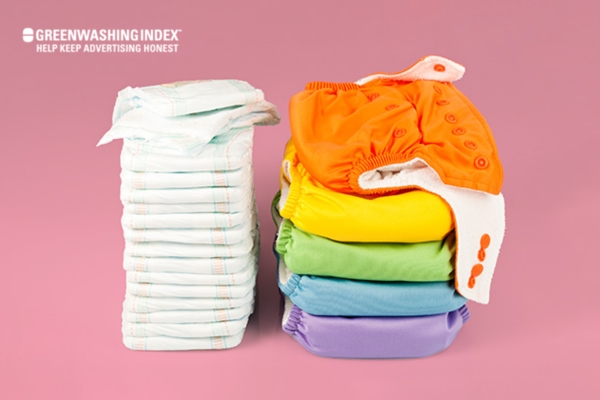
Cloth diapers are typically made from natural materials, which can reduce the risk of diaper rash and skin irritation caused by chemicals found in many disposable options. Additionally, they contribute less waste to landfills, as disposable diapers can take hundreds of years to decompose.
Here are some key advantages of using cloth diapers:
Bamboo is a versatile and sustainable material that has gained popularity in recent years for its eco-friendly properties and diverse applications. Incorporating bamboo products into daily life not only promotes sustainability but also enhances the aesthetic and functional aspects of home and lifestyle.
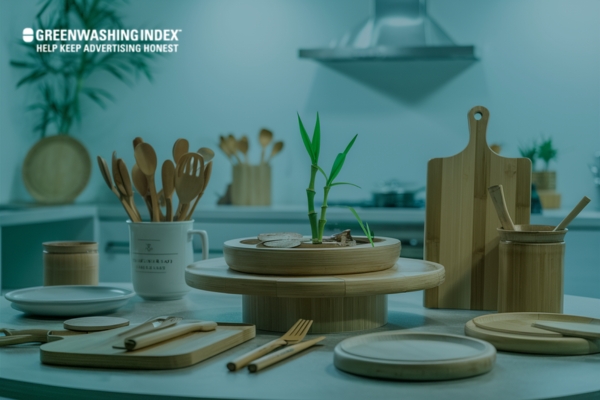
Bamboo grows rapidly and requires minimal resources, making it an excellent alternative to traditional materials like wood and plastic. Below are several ways to integrate bamboo products into everyday routines:
By choosing bamboo products, individuals can contribute to environmental sustainability while enjoying the benefits of high-quality, natural materials in their daily lives.
Creating your own cleaning supplies is an effective and eco-friendly way to maintain a clean home while avoiding harsh chemicals found in many commercial products. Homemade cleaners are often just as effective, cost-efficient, and customizable to suit your preferences. By utilizing common household ingredients, you can craft a variety of cleaning solutions that are safe for both your family and the environment.
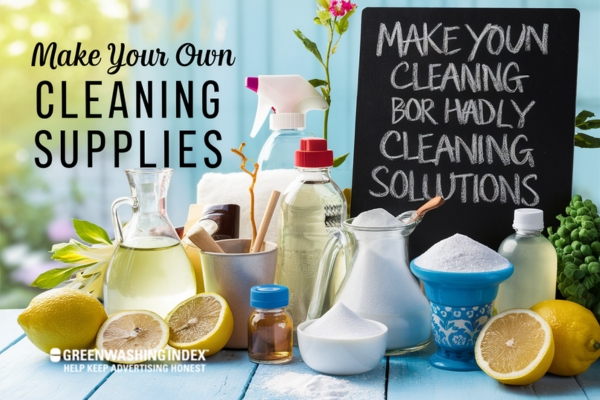
Here are some simple recipes for making your own cleaning supplies:
These recipes not only help reduce your exposure to harmful chemicals but also contribute to a more sustainable lifestyle by minimizing waste and packaging associated with store-bought cleaners.
Reducing plastic use offers numerous advantages that positively impact both the environment and human health. By minimizing plastic consumption, we can mitigate pollution, protect wildlife, and enhance the quality of our ecosystems. The following benefits highlight the importance of adopting sustainable practices:
Reducing plastic use isn’t always straightforward, as several challenges can arise. Convenience is a major hurdle, with single-use plastics often being more readily available. People might find it difficult to find alternatives when shopping or dining out.
Cost is another concern, as eco-friendly products sometimes have a higher initial price, which can deter consumers. Additionally, breaking habits, such as reaching for a plastic bag or bottle, can be tough.
To overcome these challenges, start by educating yourself about the environmental impact of plastics. This knowledge can foster motivation for change. Carrying reusable items like bags and bottles helps integrate sustainable practices into daily routines. Look for stores and restaurants that prioritize eco-friendly alternatives, which can make the transition smoother.
Lastly, consider the long-term savings of reusable products versus the continuous purchase of disposables. By taking these steps, reducing plastic use becomes more manageable and rewarding.
Choosing to ditch plastic is a vital step toward a healthier planet. By embracing sustainable alternatives, we not only safeguard ecosystems but also ensure a brighter future for generations to come. Each small change we make contributes significantly to reducing waste and protecting wildlife.
It’s important to note that transitioning to a plastic-free lifestyle might seem challenging, but with determination, it becomes a rewarding journey. Ultimately, adopting these habits promotes a cleaner environment and a more sustainable way of living.
Feel inspired? Dive into more enlightening articles on our site and continue your journey towards a sustainable lifestyle!
